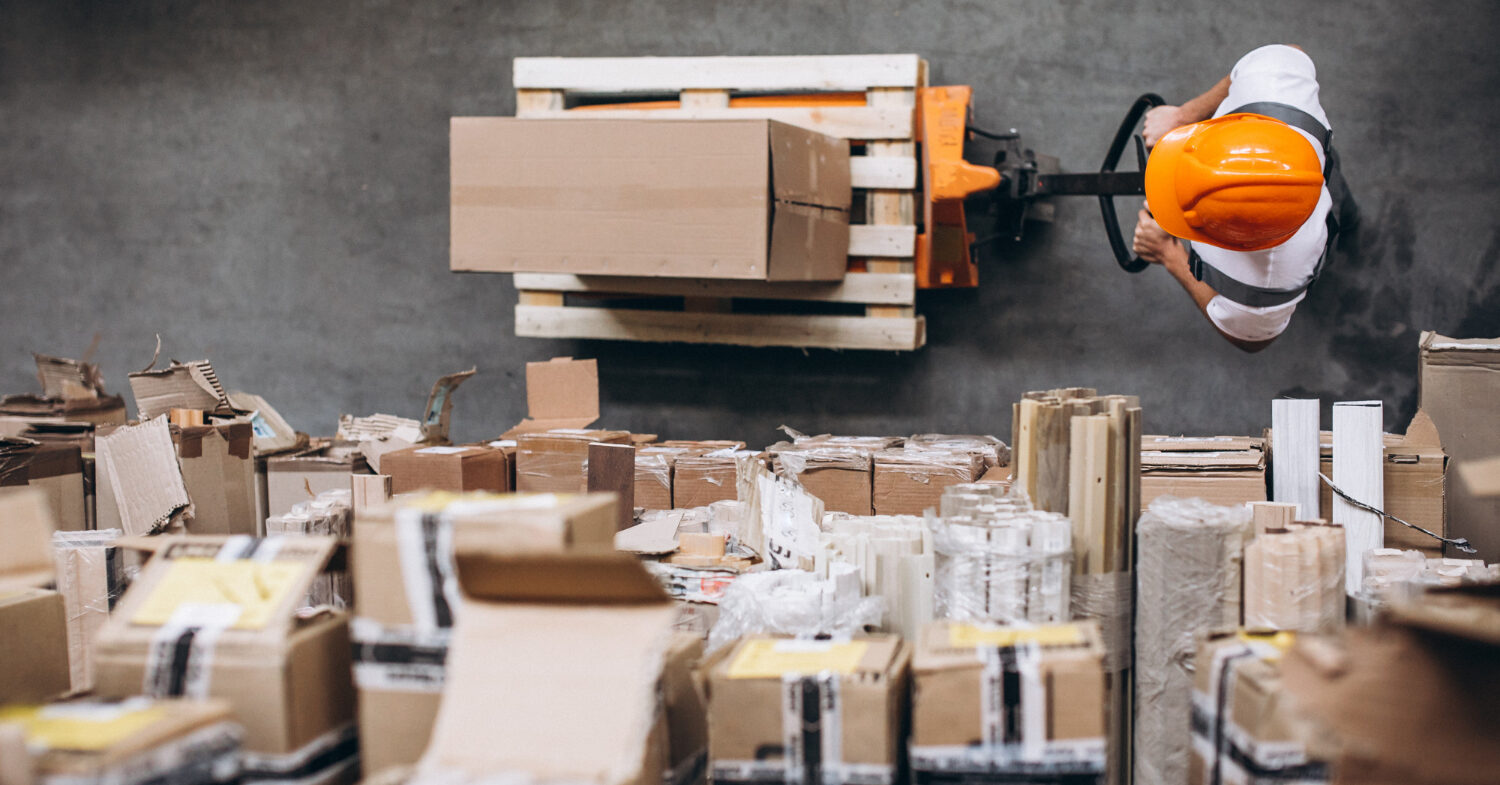After a pandemic driven peak of parcel deliveries from businesses to customers in 2020, the share of private individuals in the delivery volumes has slightly decreased, but still remains above the pre-pandemic level, shows the data of the international parcel delivery company Venipak. Clothing, electronics and everyday goods have been most popular purchases by private individuals in the Baltics, but also air conditioners and coffee have seen a decent growth.
“Before the first COVID-19 wave in 2020, the B2B segment accounted for about 75-80% of Venipak’s parcel deliveries and B2C segment for 20-25%. During last year, the share of B2C deliveries almost doubled, to 40-45%. After the normalization of the situation and the release of Covid-19 restrictions, the B2C segment has remained at about 30-35%, depending on the seasonality and quarantine conditions in each Baltic country,” said Justas Šablinskas, CEO of Venipak.
In 2021, the deliveries of clothing, cosmetics, toys, hygiene products, books and electronics have increased in the B2C segment, when previously Venipak transported most of these goods to physical stores, by the orders of B2B customers. “We can see growth numbers also in the parcel delivery of air conditioners and coffee, when their popularity has been respectively influenced by seasonality – extremely hot summers this year –, and working in home offices due to quarantine,” noted Šablinskas.
By Venipak data, the overall trends in the flow of goods between the Baltic countries have remained largely unchanged, only the deliveries of children clothing and toys from Lithuania to Estonia have increased.
Venipak forecasts an increase in parcel deliveries of about 30% this year. Market analysts predict further growth in the e-commerce market and continued interest in online shopping, which is why the parcel company expects rapid growth in the retail segment.
“Obviously, the pandemic had a big impact on the e-commerce growth and people who haven’t tried online shopping before, started to do so. Especially we see a growth in the age segment of people between 50 and 60. As countries are still maintaining restrictions and talking about new ones in the autumn, we may see a growth in e-commerce again,” said Šablinskas.
According to the preliminary data, Venipak Group’s 2021 H1 sales were about 25 million euros, an annual increase of about 40%.
